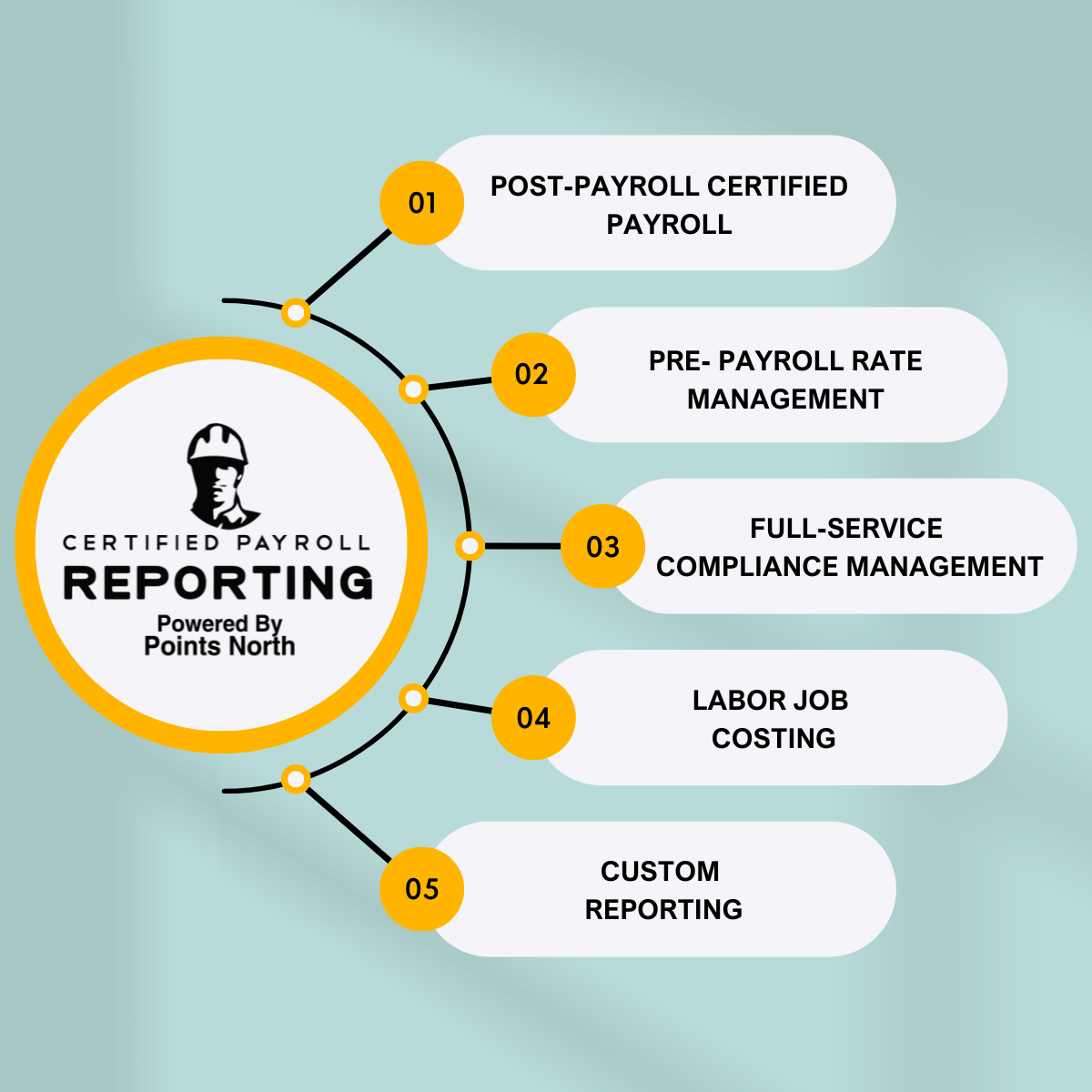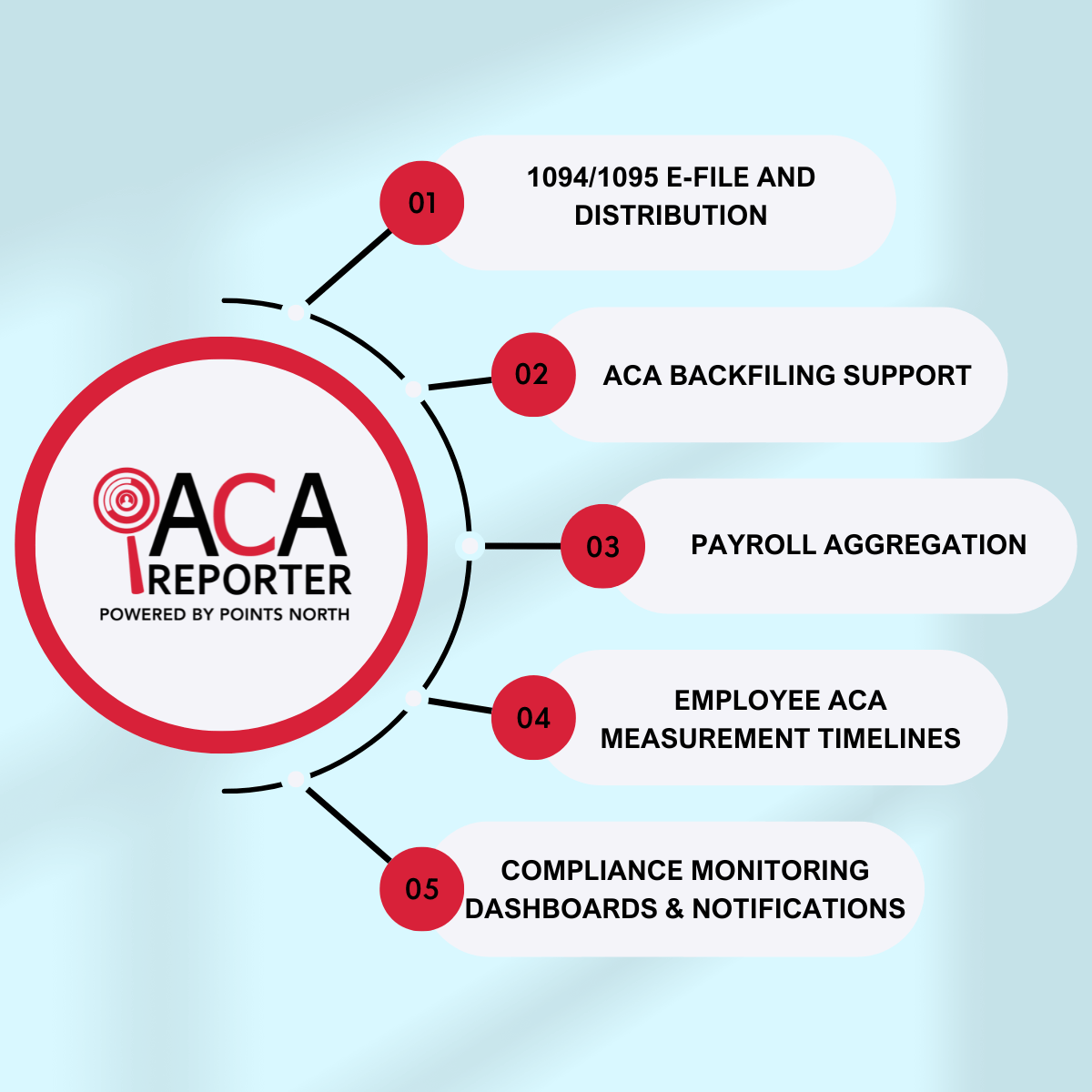
Contractors and subcontractors have to submit a certified payroll report of their labor wages. The federal government monitors the prevailing wage rates for specific workers on federally-funded construction projects. Certified payroll report does not require the inclusion of salaried employees who serve in:
- Executive position
- Professional position
- Administrative position
A construction foreman or supervisor that spends 20 percent or more of his time on craft-related labor tasks is not exempt from certified payroll reporting requirements. His craft-related wages and hours are also reportable.
What Is A Certified Payroll Report?
A certified payroll report is a special payroll report that contractors and subcontractors working on public works or federally-funded construction projects must submit weekly. The core functions of a certified payroll report are:
- Documenting compliance
- Proving payment of proper wage
This type of payroll requires a specific process, which involves the input of job code and date with every entry. A certified payroll report is a company's accounting of everything that is paid out under a contract for a government client.
What Is The State Prevailing Wage?
Contractors and subcontractors must comply with prevailing wage provisions for federally-funded construction projects over $2,000 under DBRA. Several states have passed their prevailing wage laws. Nine states did not impose a threshold as of January 1, 2011.
Contractors and subcontractors have to pay the local prevailing wage rate for the state-funded construction projects in these nine states. At the same time, eighteen states had no state-level prevailing wage rate provision.
What Is Davis-Bacon And Its Related Acts?
The Davis-Bacon and Related Acts (DBRA) was first introduced in 1931. It requires contractors and subcontractors of local construction projects and federal construction projects that get federal funds to pay for their labor at the local prevailing wage rate.
The U.S. Department of Labor (DOL) enforces and administers the DBRA's provisions. The law includes a certified payroll reporting requirement that DOL uses to support its efforts to ensure that contractors and subcontractors are complying with the prevailing wage requirements.
What Are The Certified Payroll Reporting Requirements?
Contractors and subcontractors must file a weekly report that lists payroll information for employees who have a mechanic-level or labor construction position on the construction projects. The weekly report must include:
- Employee's name
- Employee's classification
- Employee's earnings information
- Employee's fringe benefits information
Contractors and subcontractors have to pay an hourly rate, which equals or exceeds the local prevailing wage rate. The certified payroll report must include a statement that confirms the information's accuracy in the report.
What Are The Penalties For DBRA Violations?
Contractors and subcontractors commit a DBRA violation if they fail to:
- pay the labor at the local prevailing wage rate
- file false information on the certified payroll report
The DOL has the power to impose penalties against the offender. Penalties might include:
- Contract's termination with the offending party
- Banning the offending party from participating in future contracting opportunities
The Takeaway
Not all payroll reports are created equal. It is especially true of a certified payroll report for public works and federally-funded construction projects. People who work in construction and repair must know how to submit a certified payroll report. The DOL requires this type of documents to ensure that contractors and subcontractors pay employees fairly who work on federally-funded construction projects and public works.






.png)